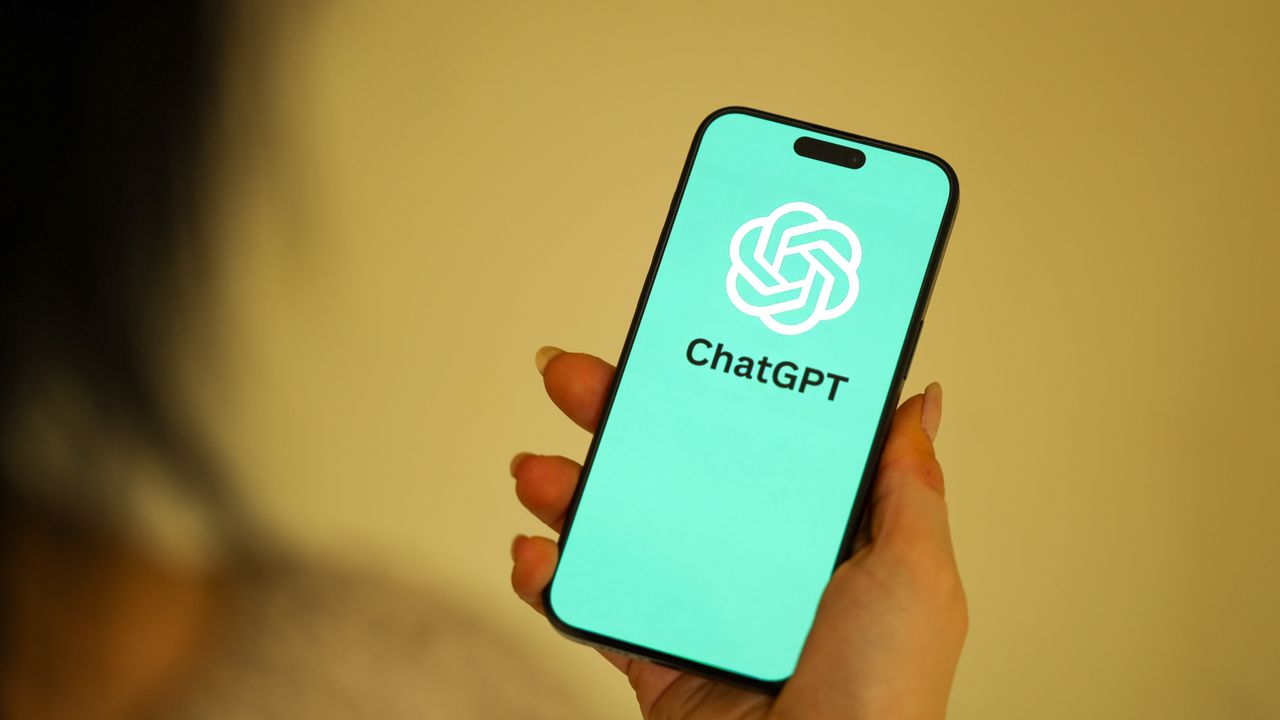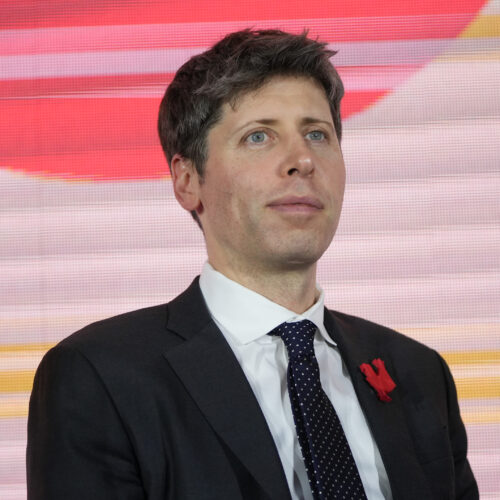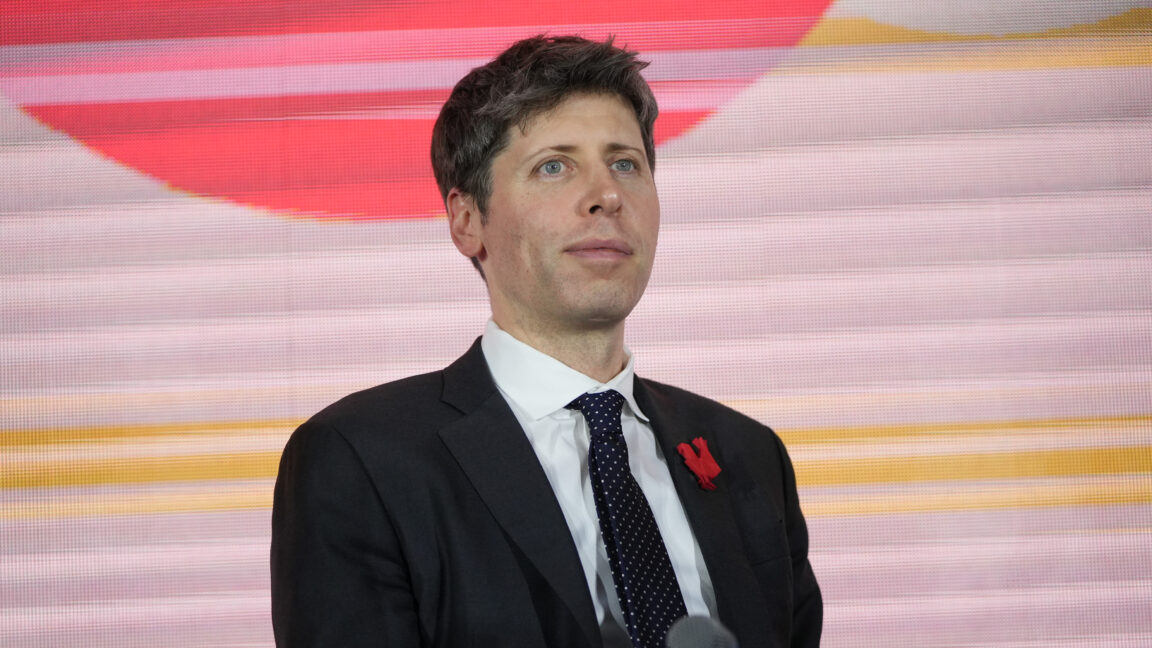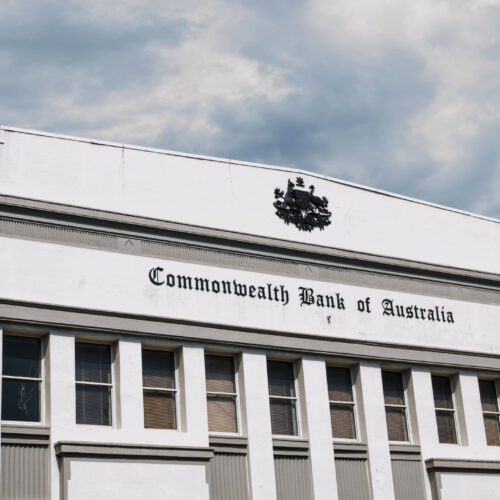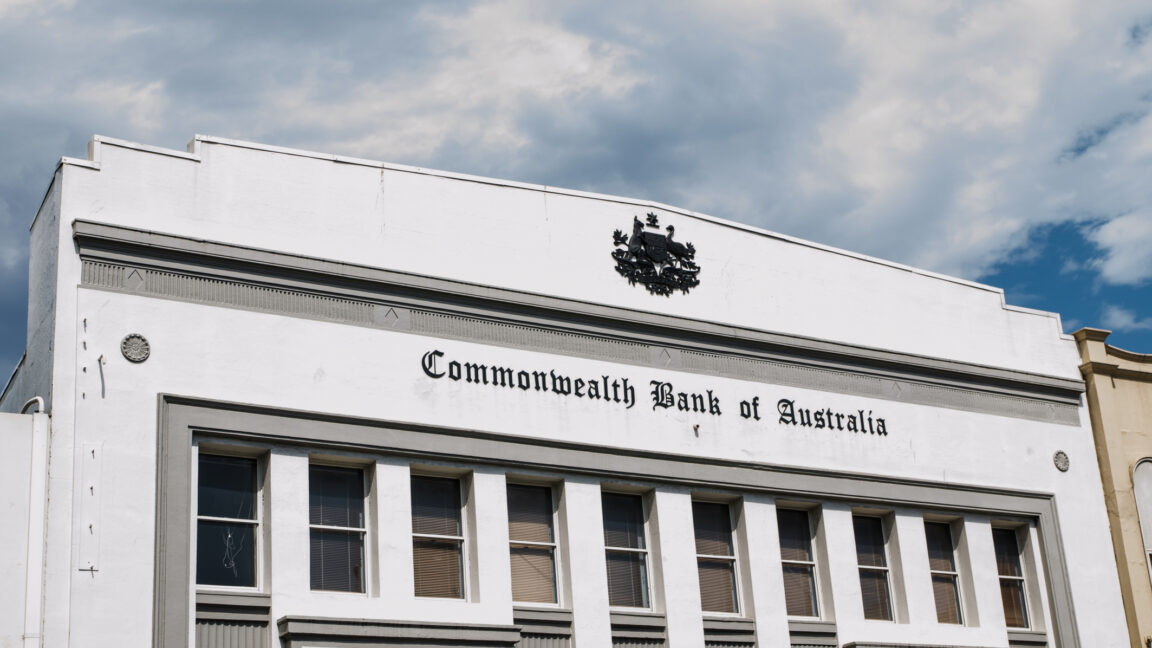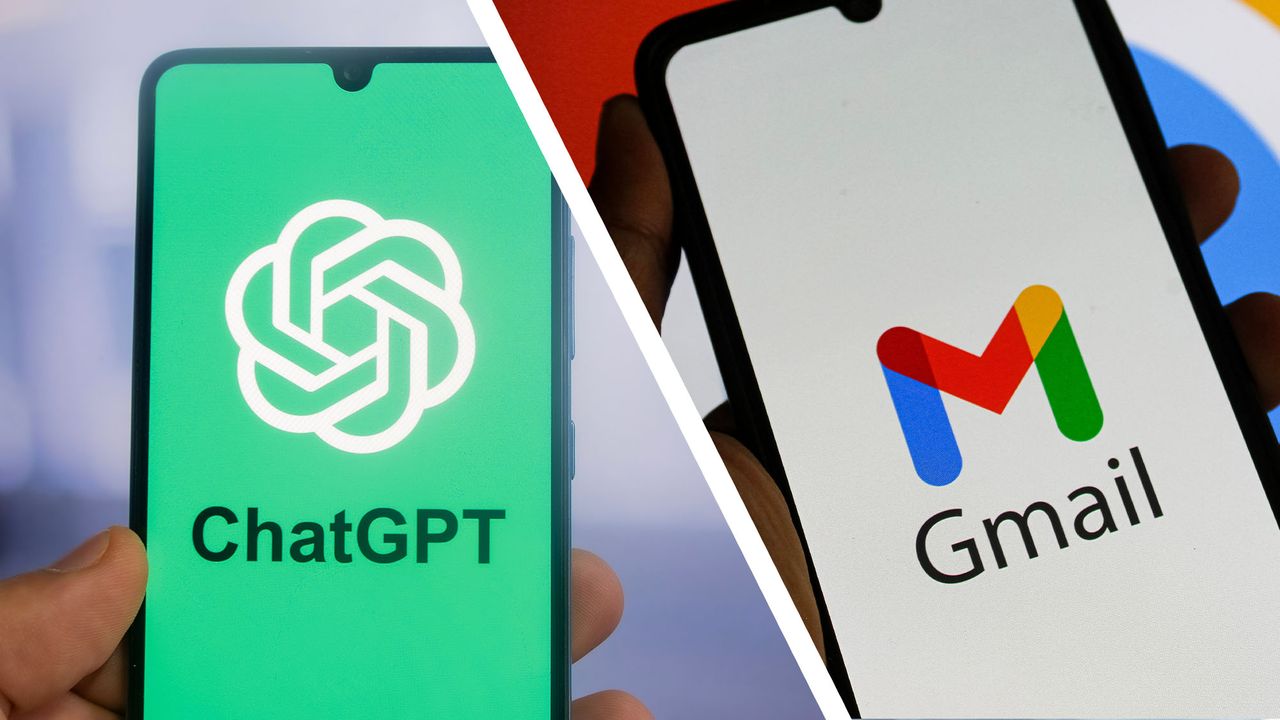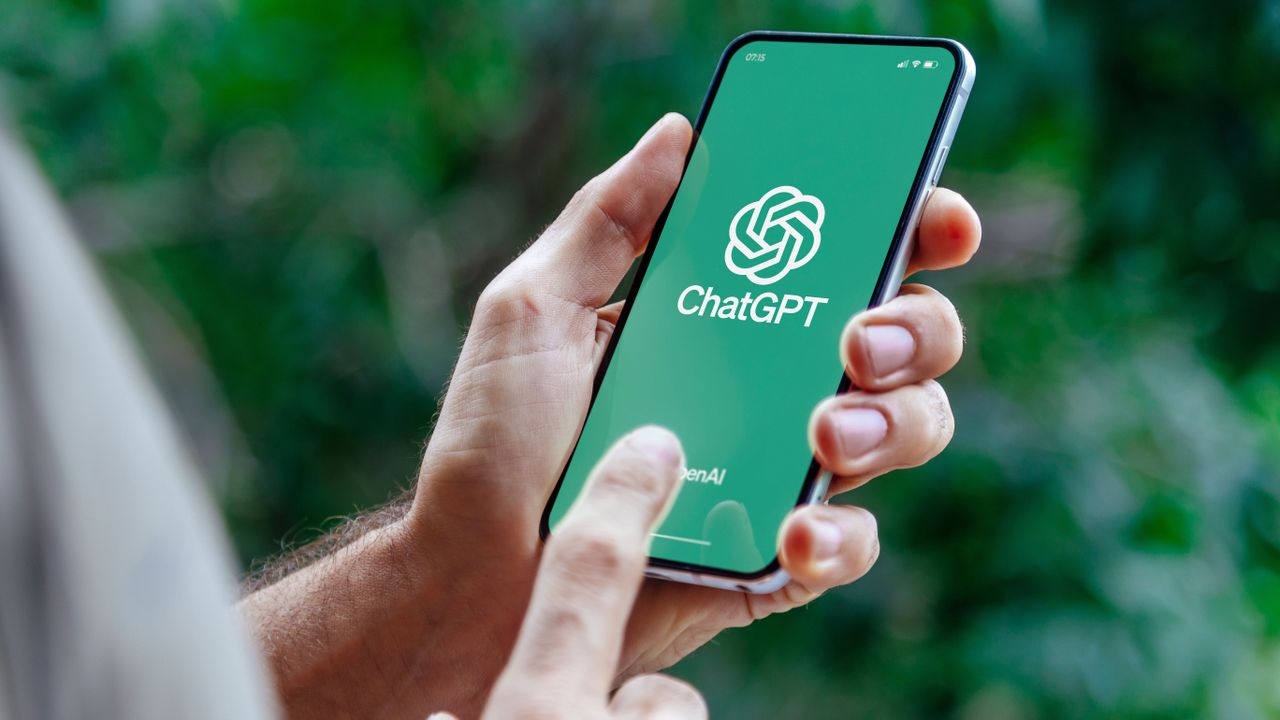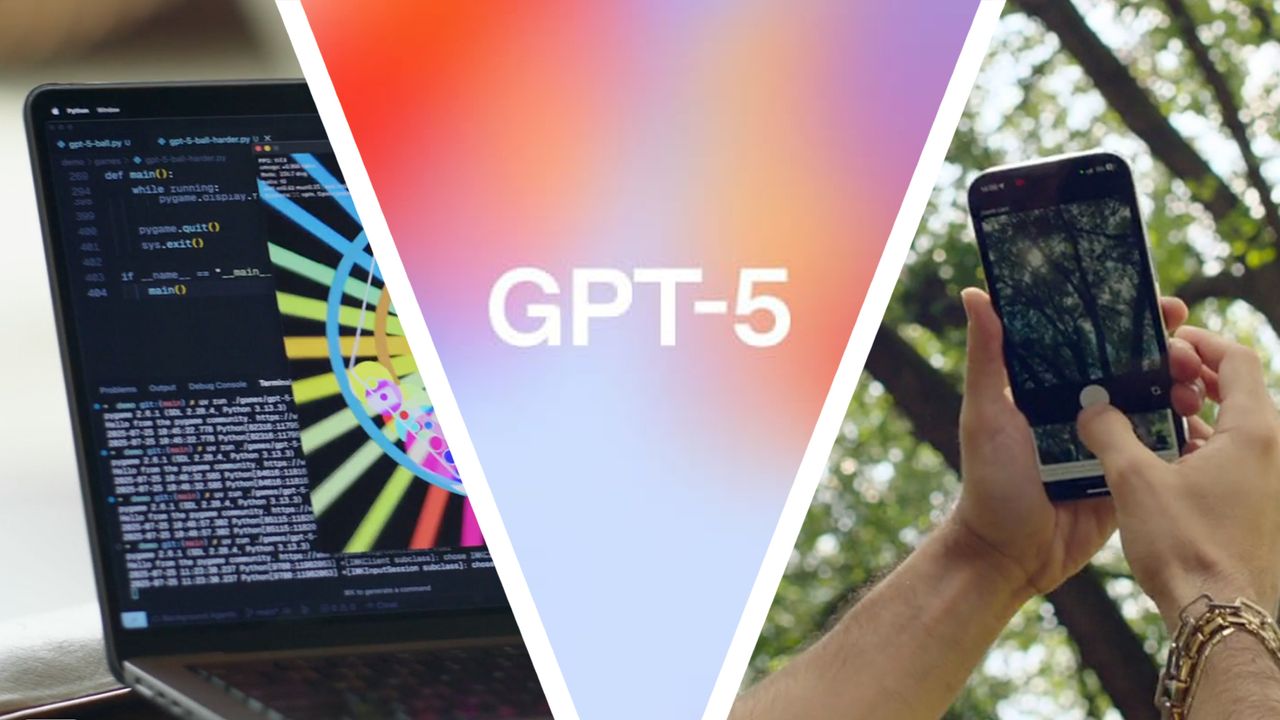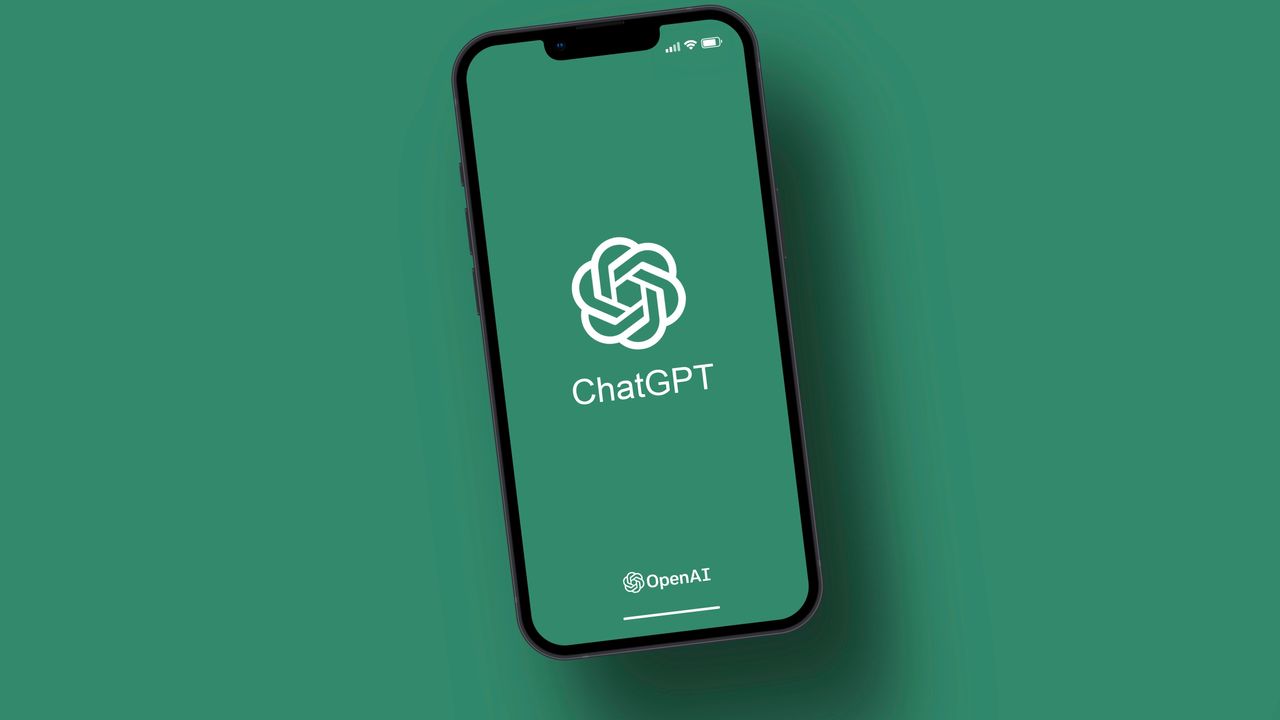Business deals born at Burning Man, from Google's CEO hire to an investment in drones
Reuters; Associated Press
- Some tech leaders have found inspiration at Burning Man over the years.
- Burning Man has influenced business decisions for moguls like Sergey Brin and Jeffrey Katzenberg.
- Notable attendees include Sam Altman, Elon Musk, and Jeff Bezos.
For some tech leaders, Burning Man is better than a boardroom.
Over the years, the arts festival has become a stomping ground for tech moguls, celebrities, and models who want to spend a few days in the Black Rock Desert.
Burning Man attendees encourage some level of anonymity, with costumes and nicknames that give public figures the privacy to party among their fellow Burners. Over the years, it's attracted the likes of Mark Zuckerberg, Elon Musk, and Jeff Bezos.
But the execs and tech elite who attend go for more than the party. Several have credited Burning Man with inspiring key business decisions, including investments, philanthropy, and founding their companies.
OpenAI founder Sam Altman, who once criticized Burning Man, has attended multiple times. He said the event showed him what the world could look like after artificial general intelligence — AI that is capable of matching or surpassing human intelligence — is achieved.
"Where people are just focused on doing stuff for each other, caring for each other, and making incredible gifts to give each other," he said on an episode of the "Life in Seven Songs" podcast.
These are some of the business events that have happened during or after spending time on the Burning Man playa.
Jeffrey Katzenberg invested in a drone business after seeing it at Burning Man.
Kevin Dietsch/Getty Images
Jeffrey Katzenberg, cofounder of DreamWorks and venture capital firm WndrCo, went to the desert for Burning Man and found a new investment opportunity.
In 2022, Kimbal Musk, cofounder and CEO of Nova Sky Stories and the brother of Elon Musk, put on a drone show in Black Rock City. Katzenberg was among the crowd, and the "dazzling" display led him to want to know more about who was behind the art show.
"Suddenly, in this sky, is this literally mind-blowing exhibition," Katzenberg told CNBC.
The Google founders bonded with a CEO candidate.
Shahar Azran via Getty Images
Former Google CEO Eric Schmidt may owe his job to his Burner status. Google cofounders Sergey Brin and Larry Page have been avid attendees over the years.
In 2018, Business Insider spoke to "Stealing Fire" author Steven Kotler — who wrote about Brin and Page at Burning Man — about how Schmidt landed the job. The pair had "blown through" around 50 candidates before finding out that Schmidt had been to the festival, Kotler said in his book.
"So they bumped him to the top of their list, they took him to Burning Man to see how he would do," he said.
Schmidt ended up serving as the CEO of Google from 2001 to 2011.
Elon Musk gave his cousin a business idea on the way to Black Rock City.
Pool/Getty Images
In 2004, Lyndon Rive was riding in an RV to Burning Man with his cousin, Musk, when the Tesla CEO gave him an idea for a solar panel company. It would eventually turn into SolarCity and be acquired by Tesla for $2.6 billion in 2016.
"You should look into solar," Musk told Rive, Slate reported in 2013. Two years later, SolarCity was founded.
A Facebook cofounder was influenced to be more philanthropic.
Horacio Villalobos - Corbis/Getty Images
In 2013, Facebook cofounder Dustin Moskovitz published a Medium post that gave insight into what tech leaders get up to at Burning Man. In it, he covered his idea to start a philanthropic foundation with his wife.
"Burning Man is a direct contributor to Cari's and my decision to start Good Ventures," Moskovitz said in the post.
Moskovitz also wrote in the Medium post about Mark Zuckerberg serving grilled cheese sandwiches and about running into the Winklevoss twins, who famously sued Zuckerberg over Facebook.
"When I hear about anyone going for the first time, my immediate thought is 'that is so great for them' and when they are a person who has pooled power or capital around them, it is usually followed by 'that is so great for the world,'" he wrote.
